International buyers, once the lifeblood of Miami’s luxury market, are retreating amid policy uncertainty and economic headwinds
The numbers tell a sobering story for South Florida’s real estate market: international buyers now represent just 10% of transactions, a precipitous fall from their commanding 50% market share in 2018. This dramatic retreat signals a fundamental shift in one of America’s most internationally-oriented property markets.
According to the Miami Association of Realtors’ comprehensive study of nearly 2,400 agents across Miami-Dade, Broward, Palm Beach, and Martin counties, foreign buyer participation has plummeted to levels not seen since 2015. The data encompasses non-U.S. citizens with primary residences abroad, recent visa holders, and green card recipients within their first two years of residency.
The Latin American Connection Weakens
Historically, Latin American buyers have dominated South Florida’s international market, accounting for nearly 60% of foreign purchases last year. Beyond the obvious appeal of year-round sunshine, these investors viewed U.S. real estate as a hedge against political instability and currency devaluation in their home countries—a safe harbor for wealth preservation.
The relationship proved mutually beneficial during the 2008 financial crisis. “During the Great Recession, foreign buyers bailed out the South Florida condo market,” notes Peter Zalewski, an independent Miami-based condo analyst. International capital flowed in to capitalize on distressed pricing and historically low interest rates, essentially rescuing the market from collapse.
Perfect Storm of Headwinds
The COVID-19 pandemic fundamentally altered market dynamics. As pandemic-weary Americans flocked to Florida’s open economy, domestic demand surged, driving prices to unprecedented levels. Simultaneously, rising interest rates and a strengthening dollar created a double burden for international buyers, eroding both affordability and purchasing power.
The 2021 Champlain Towers South collapse in Surfside added another layer of complexity. Florida’s legislative response—mandating costly building inspections and repairs—has saddled condo owners with significant special assessments. The resulting inventory surge from sellers seeking to avoid these costs has flooded the market just as international demand has evaporated.
Policy Uncertainty Compounds Economic Challenges
The current administration’s immigration and trade policies have created additional uncertainty for international investors. Combined with persistent currency headwinds, these policy shifts have fundamentally altered the risk-reward calculus for foreign buyers.
“Not only are they still dealing with the currency issue, but add in the immigration policy and the disrespect,” Zalewski observes. “It’s a real conundrum for condo sellers.”
This convergence of economic and political factors suggests that South Florida’s traditional reliance on international capital may be permanently altered, forcing the market to adapt to a new reality where domestic demand must carry a heavier load.
Source: The New York Times



